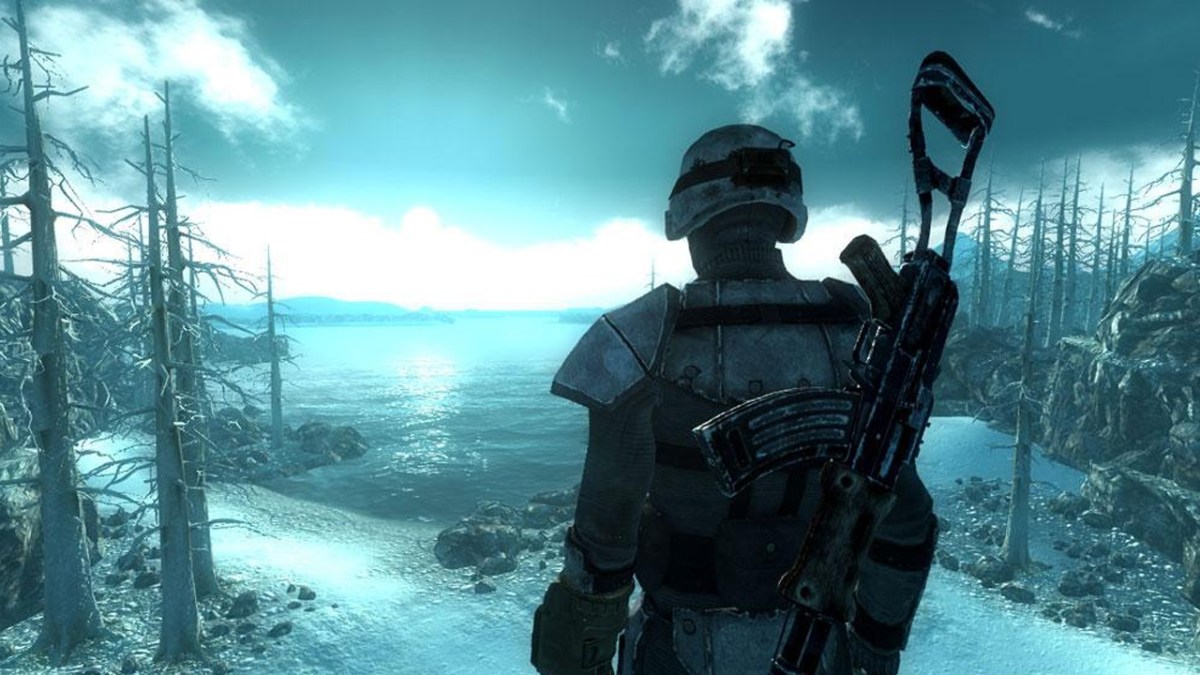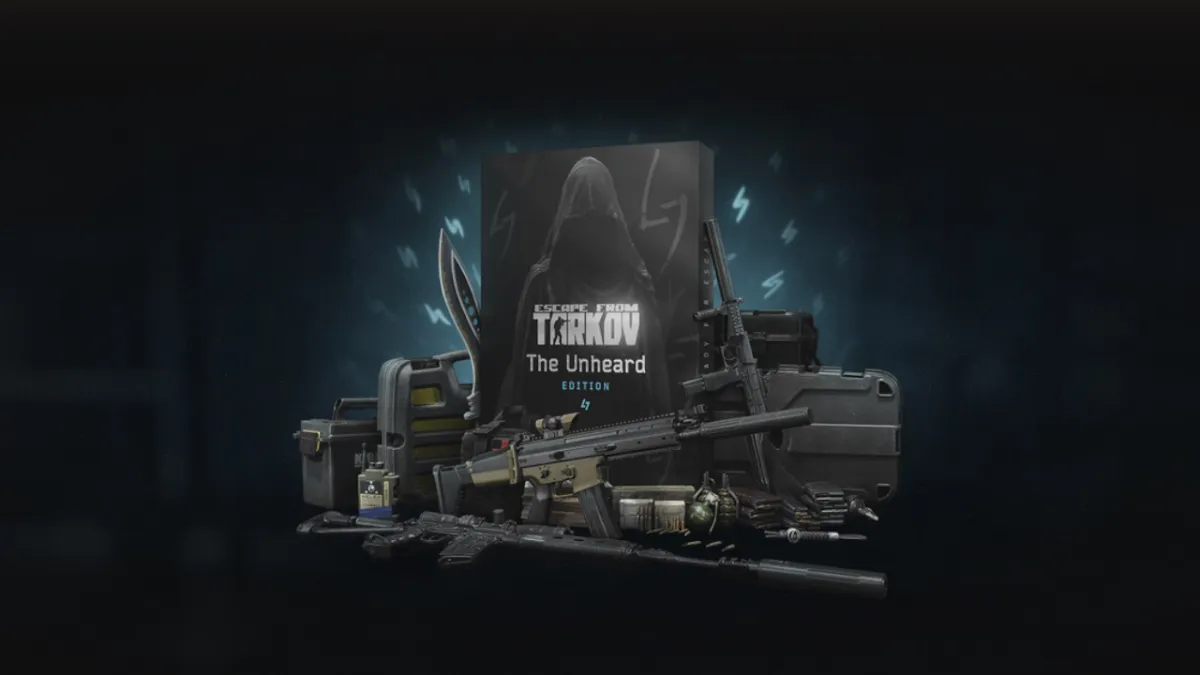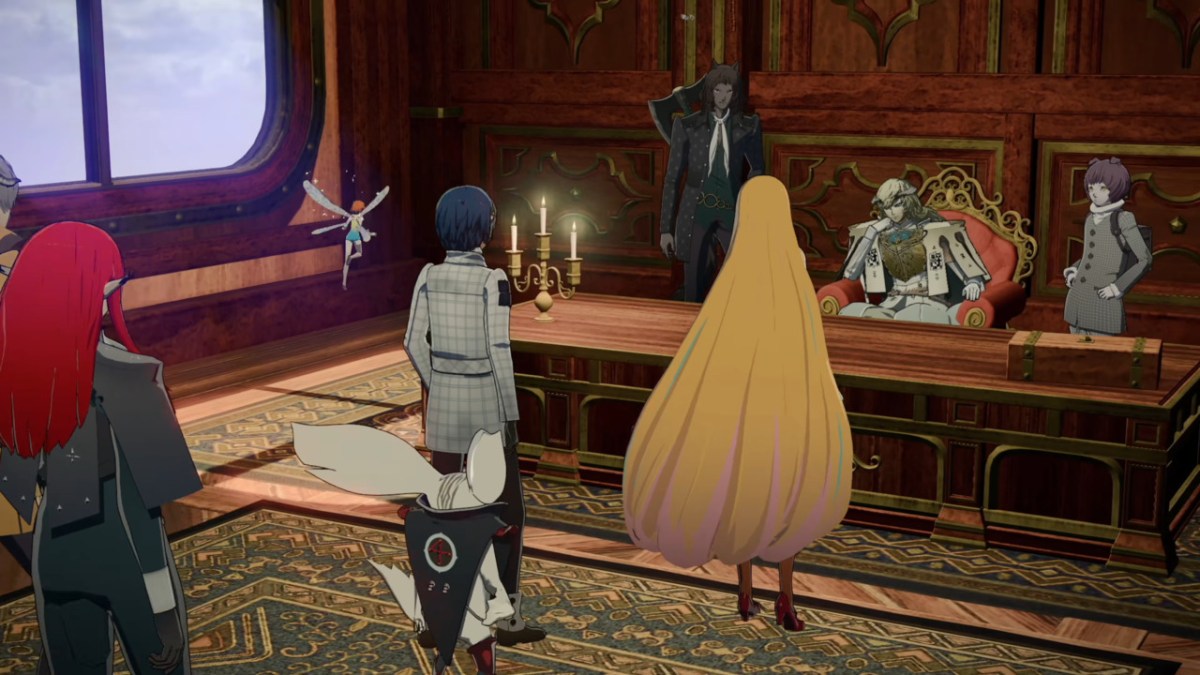Hearthstone was, I believe, made for me. For years, I’d been searching for a good digital collectible card game that could be played on a mobile device. It was strange to me that I couldn’t find any.
Mobile platforms and card games seemed an obvious fit, with the latter’s comparative lack of action and simple input requirements. I wanted a way to rekindle my love of Magic: the Gathering without slogging through its grueling complexity in a digital space. It didn’t have to be as good as Magic, or any physical card games; I’d have settled for a reproduction of Might and Magic VII’s simplistic, but enjoyable, Arcomage mini-game. I don’t know how exactly Blizzard heard my lamentations, but they did, and they made Hearthstone
Needless to say, when I first played it in the beta, I fell in love. It was the perfect blend of simplicity, speed, and strategy. Games were shorter than Magic, and mana use was less frustrating. Since the computer could keep track of every effect, there was never a need to look at a rulebook. Sure, some of the complexity and depth of other trading card games was removed in the design, but it didn’t matter. It worked. It worked even though there were nine distinct classes, each with their own cards. I believed, and I still believe, that Hearthstone’s core design is, in a word: brilliant.
For months on end, I was addicted. I built decks, experimented with strategies, and learned how to predict my opponent’s plays turns ahead. I slogged through two paint-by-numbers “adventure” campaigns on their “heroic” difficulty, and collected nearly every card in each new set. I climbed the ladder, and then I did it again. I went 12-0 in the arena, and then I did it again. And then something changed.
When the first full expansion, Goblins vs Gnomes arrived, I spent countless hours working through new configurations, theorizing endlessly about combos and testing them. But with the newest full release, The Grand Tournament, now just three weeks old, I’ve barely bothered to peruse decklists at all, or build my own on one of the many online resources.
The truth is, I’ve barely played it. I no longer feel compelled to log in and get in a game here or there in the midst of my daily routine. I can play a few games without feeling urged to play just one more. And after previously always gunning for the game’s “Legend” rank, I don’t feel inclined to hit it again. Trying feels like work, except less productive. As they say, the honeymoon is over. And yet nothing has changed in that core design since its full release almost a year and a half ago.
Certainly, part of this is simply burnout. I’ve played a lot of Hearthstone. I’d estimate I’ve played somewhere around 8,000 games. Yes, you read that correctly. But more importantly, the game has simply started to feel stale to me. The best decks in The Grand Tournament were largely figured out before the cards were actually released. As some of the professional Hearthstone players like to say, the best decks are “solved” very quickly.
Even if all of the best decks following The Grand Tournament haven’t been fully explored yet, they likely will be within the next couple of weeks. The meta game has changed little, with only a handful of truly new archetypes appearing in the competitive scene. Mostly the new cards only serve to bolster existing archetypes. It gets boring playing the same decks against the same opponents over and over again, and I’ve already grown tired of the new ‘Secret Paladin’, perhaps the biggest shake-up of the pre-Grand Tournament meta.
I can’t help but think this is, in part, due to the class system of Hearthstone. Having nine classes means a huge amount of the game’s cards are unavailable to any given deck. Unlike Magic: the Gathering where playing across colors is always available, no matter how much you might want a Paladin card in your Warlock deck, you can’t have it (some unreliable card mechanics aside). This means that Blizzard is constantly producing content that can only be used one-in-nine times, and deck diversity struggles because of it.
If Hearthstone had been designed from the ground up without classes, there very well might be more room for experimentation and many more viable decks, rather than the one or two for each class (or none at all – sorry Shaman). Each time you build a deck, you’re inherently limited by what your chosen class can do. This is especially true because all spells are class-specific.
The other issue I see contributing to my growing disinterest in the game is its randomness. Yes, this is an issue that comes up constantly within the community, and many are tired of hearing about it. But, I think, for many, it has truly become a problem.
Card games have inherent variance because of the randomness of drawing cards from a shuffled deck. But Blizzard has made the decision to double-down on variance by also making many of those randomly drawn cards have game-swinging random effects. Lost a one-in-five chance on your Brawl? There’s a good chance you just lost the game. If randomness happened only a few times a game, it’d be easy to argue that the skill is in maximizing your odds. But with so many random effects, it’s long past the point of human calculation.
Because of this, professional tournaments feel more and more like a crap-shoot. There’s no such thing as an upset, because they happen only slightly less than fifty percent of the time. Climbing the ladder is far less a matter of individual skill than a combination of choosing the right deck for the current meta game, playing a lot, and luck. On ladder, I experienced almost no difference in the quality of my opponents between Rank 12 and Legend, and my win rate didn’t decline. In fact, because players in the Legend rank have less incentive to try, many games at the highest rank were easier. The professional scene also reflects this.
Each time you build a deck, you’re inherently limited by what your chosen class can do. This is especially true because all spells are class-specific.
Unlike in other eSports, the big teams are less concerned with skill and tournament results than with marketability and content production. And since the tournament scene is dominated by invites, being on a team is the primary way of ensuring you can keep attending tournaments. This all leads to a situation in which the same players are playing the same decks against each other over and over again. It’s hard to find the passion.
So the romance is over. I have no doubt I’ll fiddle around here and there with Hearthstone in the future, do a few arena runs and try to find some fun decks, but I’m not sure that I’ll ever spend money on it again. And since I likely won’t be playing it much, I’ll simply fall behind in my card collection, which will mean I’ll eventually stop playing it altogether. I might just watch a tournament here or there.
I suspect many others are starting to feel the same way. In truth, however, I hope not. I hope you all continue to enjoy the game with the same passion I once had. I hope it continues to surprise and delight, and provide endless hours of entertainment. I wish I still felt that way. Because the romance was fun while it lasted.








